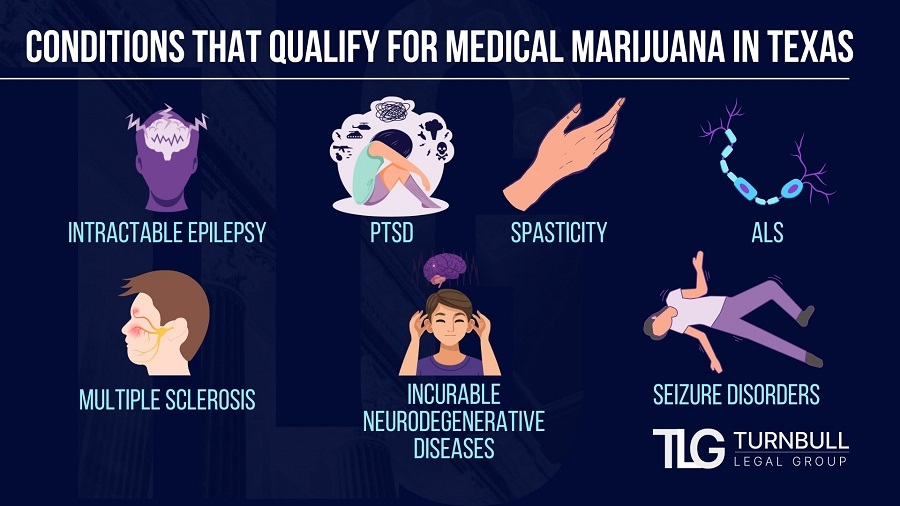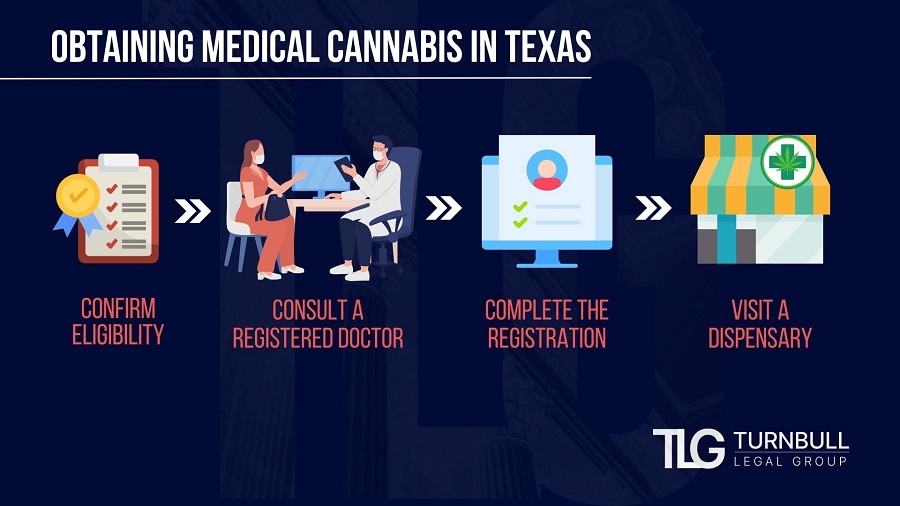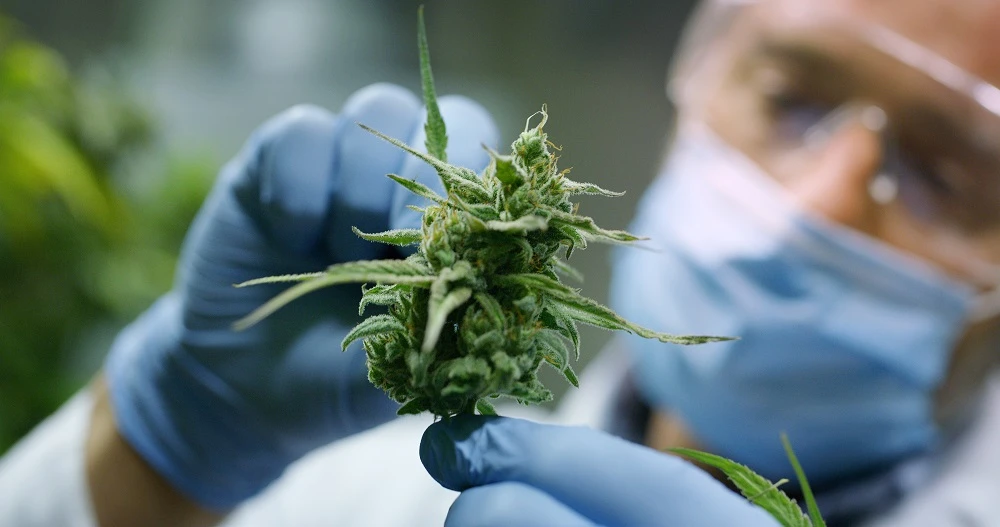In Texas, the topic of medical marijuana sparks both interest and confusion. Is medical marijuana legal in Texas? The short answer is yes, but with strict limitations. Texas law allows for the medical use of low-THC cannabis under the Texas Compassionate Use Act. However, recreational marijuana remains illegal in Texas and carries drug charges if possessed unlawfully.
Let’s break down everything you need to know about medical marijuana laws in Texas, including who qualifies, how the program works, and what’s required to obtain medical cannabis legally.
What Is Medical Marijuana?
Medical marijuana, also referred to as medical cannabis, is derived from the cannabis plant and is used for treating various medical conditions. Unlike recreational marijuana, medical marijuana is legally prescribed to alleviate symptoms of specific illnesses, such as seizure disorders, chronic pain, and post-traumatic stress disorder (PTSD). While its use is controversial, research indicates potential therapeutic benefits for numerous health conditions.
Texas Compassionate Use Act
In 2015, Texas passed the Texas Compassionate Use Act, legalizing medical marijuana use for specific conditions under tightly regulated circumstances. The Act authorizes the use of low-THC cannabis products to treat medical conditions. Initially limited to treating intractable epilepsy, the law has since expanded to include other conditions.
Low-THC cannabis products contain no more than 1% THC, the psychoactive compound in marijuana. Texas law strictly regulates the THC levels to prevent the kind of “high” typically associated with marijuana, focusing instead on therapeutic benefits. Texas’s Compassionate Use Program is administered by the Texas Department of Public Safety, which oversees licensing for medical marijuana dispensaries and registered physicians.
Qualifying Conditions for Medical Cannabis in Texas

To qualify for medical marijuana in Texas, a patient must have one of the following conditions:
- Intractable epilepsy
- Post-traumatic stress disorder (PTSD)
- Multiple sclerosis (MS)
- Spasticity
- Amyotrophic lateral sclerosis (ALS)
- Seizure disorders
- Incurable neurodegenerative diseases
This list is limited, and many Texans seeking relief through medical marijuana do not qualify under the current conditions outlined by state law.
How to Obtain Medical Cannabis in Texas

If you have a qualifying condition and a permanent Texas resident status, you can receive a prescription from a registered physician. However, eligibility is limited, and not all medical conditions are covered. Additionally, obtaining medical cannabis in Texas requires a prescription from a registered physician.
The Compassionate Use Registry of Texas (CURT) allows law enforcement to verify valid prescriptions and regulates access to low-THC cannabis. Only registered doctors can input prescriptions into CURT, helping to ensure controlled and lawful distribution.
To obtain medical marijuana in Texas you will need to follow the next steps:
- Confirm Eligibility
Determine if your condition qualifies under the Compassionate Use Program. - Consult a Registered Doctor
The first step is to consult a doctor registered with the Texas Compassionate Use Registry. The doctor will evaluate whether your condition qualifies for medical marijuana and whether low-THC is a suitable treatment. - Complete the Registration
If approved, the physician will enter your prescription in the Compassionate Use Registry, which is accessible by licensed dispensaries. - Dispensary Visit
Once in the registry, patients (or their legal guardians, if applicable) can visit a licensed dispensary to obtain their prescribed low-THC cannabis products.
Medical Marijuana Restrictions in Texas
Texas law mandates that medical cannabis products contain less than 1% THC. This restriction limits the availability of high-THC products, which are often sought for more severe pain management and other intense symptoms.
Unlike states with broader medical marijuana programs, Texas does not issue medical cards. Instead, registered physicians can prescribe low-THC cannabis only for qualifying conditions, and prescriptions must be refilled through a licensed dispensary.
Consequences of Illegal Possession of Cannabis in Texas
.avif)
Recreational marijuana possession remains illegal in Texas, with strict penalties for possession. While medical marijuana is legal for qualified patients, recreational use is treated as a criminal offense, with penalties varying based on the amount possessed.
For individuals caught with less than four ounces of marijuana, the offense is considered a Class B misdemeanor, which may result in jail time and fines. Possession of higher amounts can lead to more serious charges, up to and including felony convictions.
This table provides a breakdown of the penalties for marijuana possession based on quantity according to Texas Health and Safety Code § 481.121 (as of writing this blog in November 2024):
Efforts to Expand Texas’s Medical Marijuana Laws
There are ongoing discussions about expanding the Compassionate Use Program in Texas. Some lawmakers and advocates, like Texas Cannabis Collective and Texas for Responsible Marijuana Policy, are pushing for more inclusive policies that would allow greater access to medical cannabis.
While many politicians remain largely opposed to marijuana legalization, there is growing support among Texas residents. According to the Texas Tribune, recent surveys indicate a shift in public opinion, with many Texans supporting broader access to both medical and recreational marijuana.
While medical marijuana is legal for limited conditions, the future of marijuana in Texas remains uncertain. Local government bodies, like the Austin City Council, have pushed for decriminalization measures, and some cities have adopted “cite and release” policies for small amounts of marijuana.
In November 2024 two Austin-area cities, Bastrop and Lockhart, voted to decriminalize weed, though it's not expected to take effect anytime soon.
Some Texas cities, including Austin and San Marcos, have introduced measures to reduce penalties for minor marijuana offenses. Although these efforts reflect growing public support for reform, statewide changes remain challenging.
Medical Marijuana and Federal Law
Under federal law, marijuana remains a controlled substance, which complicates state programs like Texas’s. Federal regulations continue to impact banking, insurance, and other services for businesses involved in the cannabis industry.
Law Enforcement Agencies and Medical Marijuana
Law enforcement agencies in Texas are bound by state law, which means that while they must respect the Compassionate Use Program, federal law still classifies marijuana as an illegal substance. This conflict poses ongoing challenges.

Low-THC Cannabis Products vs. Hemp-Derived CBD
It’s important to note that low-THC cannabis differs from hemp-derived CBD products, which are legal for general purchase as long as they contain less than 0.3% THC. Hemp products are readily available and can be purchased without a prescription, but they don’t qualify as medical marijuana under Texas law.
Common types of Low-THC cannabis products include:
- Tinctures
Liquid extracts taken sublingually (under the tongue).
- Capsules
Convenient, pre-measured doses.
- Topicals
Creams and balms applied to the skin.
Medical Marijuana Myths and Misconceptions
Despite advancements in Texas’s medical marijuana laws, myths persist.
Here’s a quick breakdown of some common misconceptions:
- Myth: Medical marijuana is widely available in Texas.
- Fact: Only low-THC cannabis is legal and for a limited range of conditions.
- Myth: CBD is the same as medical marijuana.
- Fact: CBD products are not regulated as medical marijuana in Texas.
- Myth: Having a medical marijuana prescription means you can legally possess any amount.
- Fact: Texas restricts the THC content, and recreational possession remains illegal.
In Trouble? Protect Yourself with a Strong Defense.
Medical marijuana is legal in Texas under strict guidelines, primarily for patients suffering from severe and debilitating conditions. Though the Compassionate Use Program has opened doors for some, limitations remain. With public opinion shifting and incremental policy adjustments happening in some cities, the future of medical cannabis laws in Texas could see further change. For those who qualify, medical marijuana can offer critical relief, though navigating the legal landscape requires understanding state laws.
If you or a loved one has faced criminal charges for marijuana possession or related issues, contacting an experienced criminal defense law firm can make all the difference. Turnbull Legal Group, led by a former State District Court Judge and Chief Prosecutor, provides the experience and insight you need to navigate Texas’s legal landscape safely. Reach out today to start building a winning defense and ensure your rights are fully protected.
Don’t Leave Your Rights to Chance
Call us today to protect your rights and provide a strong criminal defense.




.webp)

